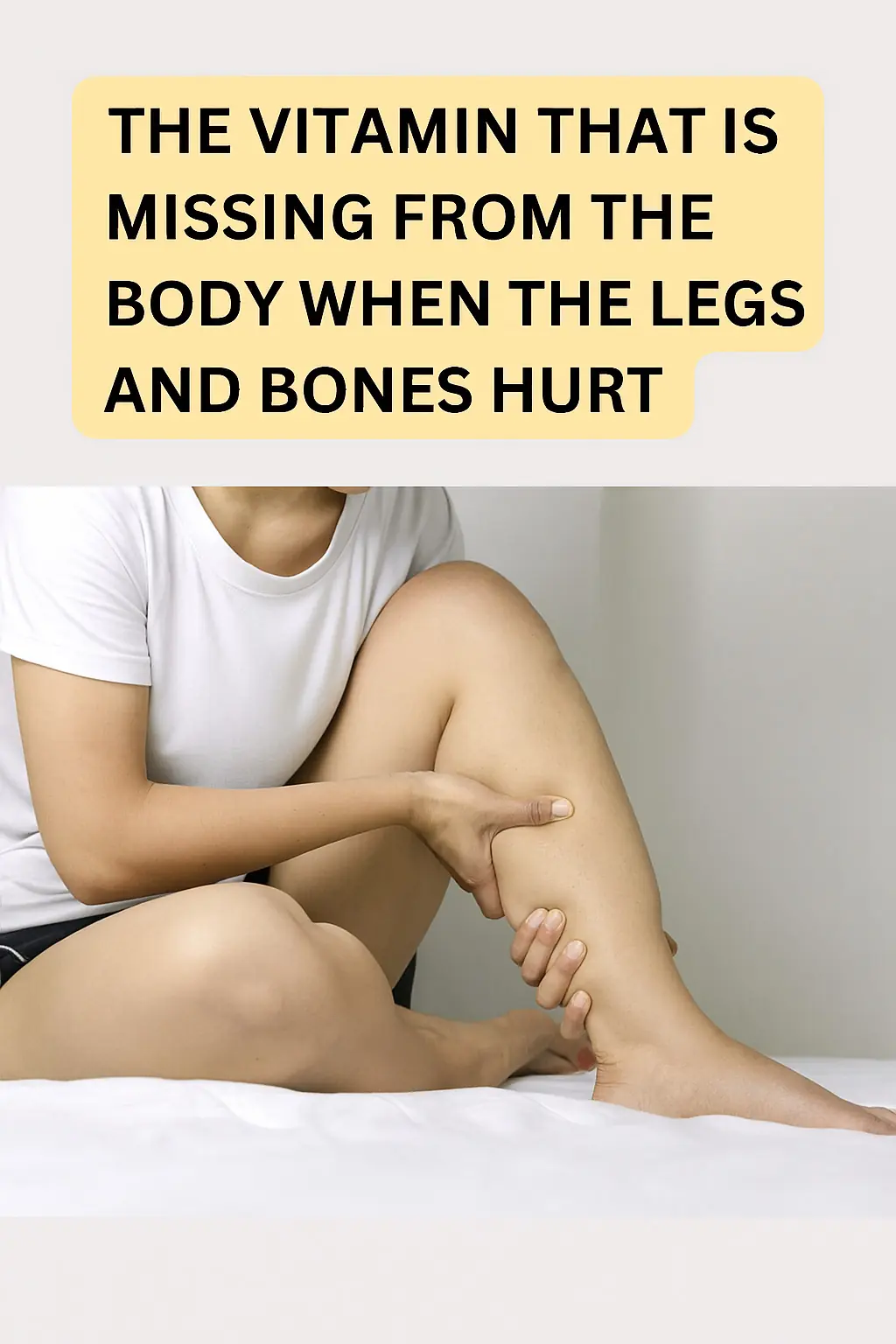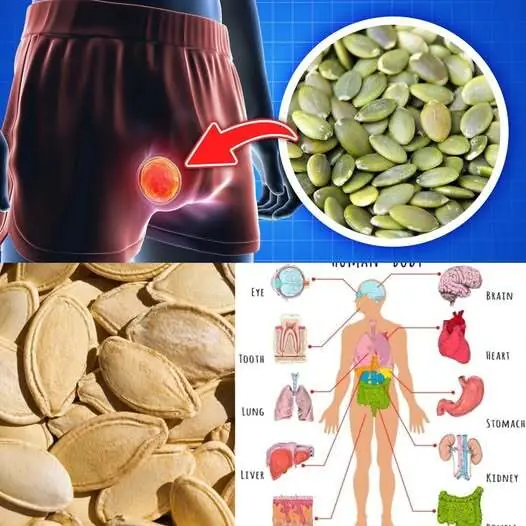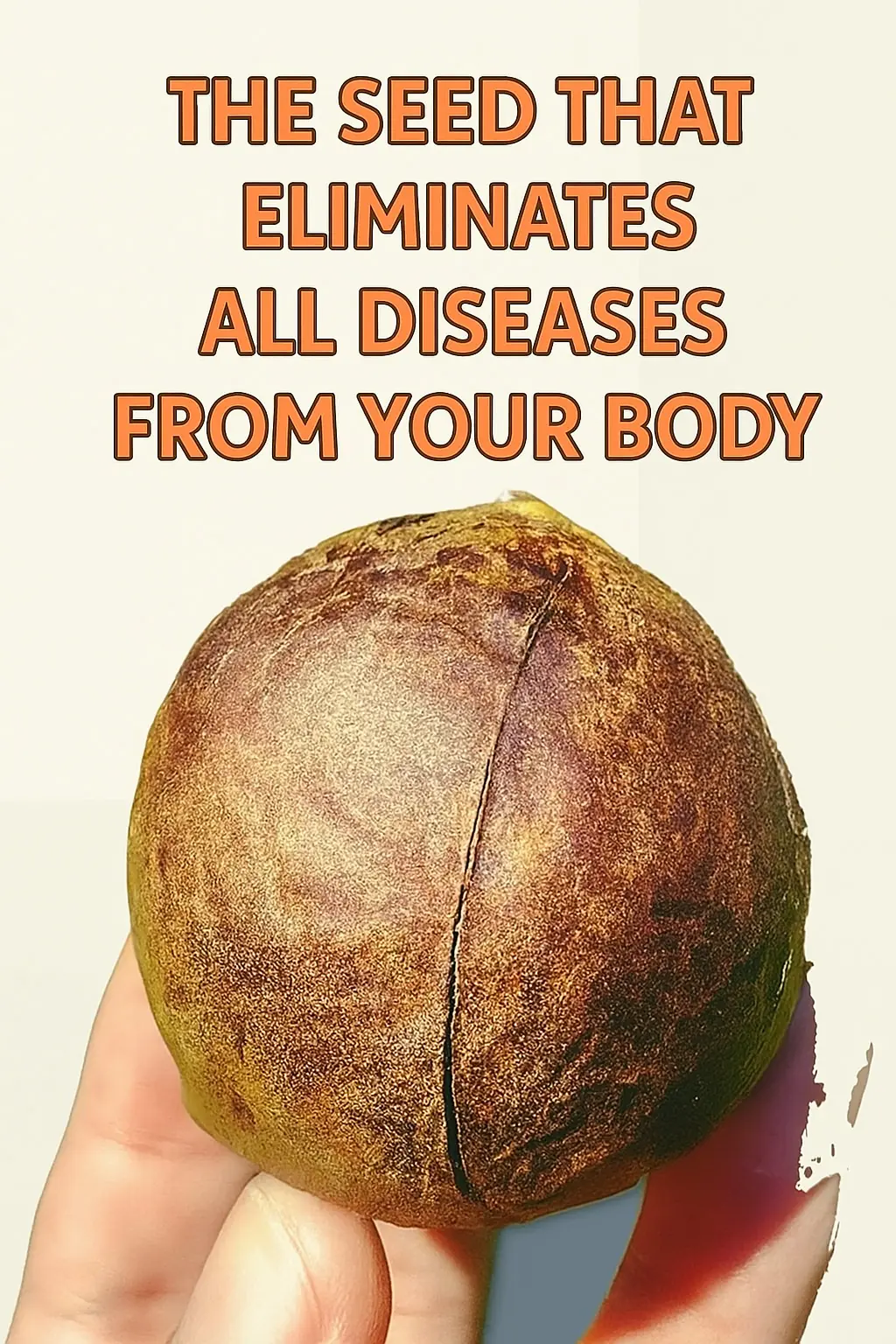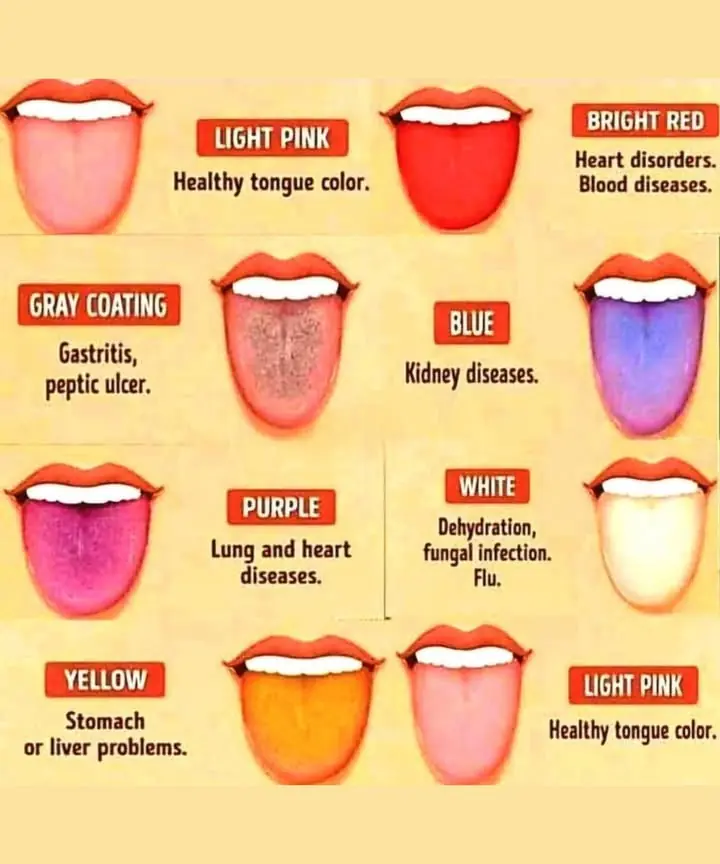
Vitamin Deficiency and Leg or Bone Pain: What You Need to Know

Many people experience persistent pain in their legs and bones without fully understanding what might be causing it. While this discomfort can stem from a variety of factors—such as overuse, arthritis, or circulatory issues—one often overlooked cause is vitamin deficiency. As we age, our bodies become less efficient at absorbing and producing certain nutrients, making it more likely that deficiencies could contribute to muscular and skeletal pain.
Let’s explore two of the most important vitamins linked to bone and leg health: Vitamin D and Vitamin B12.
1. Vitamin D – The Bone Protector
Often referred to as the "sunshine vitamin," vitamin D is vital for the body’s ability to absorb calcium and phosphorus, both of which are necessary for building and maintaining strong, healthy bones.
-
How it works: Vitamin D helps regulate the amount of calcium in the bloodstream and ensures it’s deposited into bones rather than soft tissues.
-
What happens when you're deficient: Without enough vitamin D, bones can become soft, thin, or brittle, leading to a condition known as osteomalacia in adults. This can cause deep, aching bone pain—especially in the legs, hips, and lower back—and increase the risk of fractures.
-
Who is at risk: Older adults, people who spend limited time in the sun, and those with darker skin (which reduces vitamin D synthesis) are particularly prone to deficiency.
-
Sources of vitamin D: Sunlight, fortified foods (like milk and cereal), fatty fish (such as salmon, tuna, and mackerel), and vitamin D supplements.
2. Vitamin B12 – The Nerve Supporter
Vitamin B12 plays a crucial role in maintaining a healthy nervous system and in the production of red blood cells. It also supports the myelin sheath—a protective covering for nerves that allows electrical impulses to transmit efficiently.
-
How it works: A well-functioning nervous system allows your muscles to move properly and helps you feel sensations like pressure and pain.
-
What happens when you're deficient: Lack of vitamin B12 can lead to nerve damage, which may manifest as tingling, numbness, burning sensations, or sharp pain in the legs and feet. It may also cause muscle weakness, balance problems, and overall fatigue.
-
Who is at risk: People over 50 (due to reduced absorption), vegans or vegetarians (since B12 is mainly found in animal products), and those with digestive disorders like Crohn’s disease or celiac disease.
-
Sources of vitamin B12: Meat, fish, poultry, eggs, dairy products, and fortified foods. Supplements or B12 injections may be necessary for those with severe deficiencies.
Other Nutrients That May Be Involved
In addition to vitamins D and B12, deficiencies in the following nutrients may also contribute to leg or bone discomfort:
-
Magnesium: Important for muscle function and bone strength. A lack of magnesium can lead to cramps and spasms in the legs.
-
Calcium: Essential for strong bones; low levels can cause bone pain and increase fracture risk.
-
Vitamin K2: Helps calcium bind to bones rather than depositing in arteries or joints.
When to See a Doctor
If you're experiencing persistent leg pain, bone aches, muscle weakness, or tingling sensations, it's important not to ignore these signs. Simple blood tests can reveal whether a vitamin deficiency is present. Early diagnosis and proper supplementation or dietary changes can significantly reduce symptoms and improve overall well-being.
Conclusion:
Your body may be trying to tell you something when your legs or bones hurt—don’t dismiss it as just “aging.” Vitamin deficiencies, particularly of vitamin D and B12, are common and can cause or worsen musculoskeletal and nerve-related pain. By understanding the signs and ensuring you get the nutrients your body needs, you can take proactive steps to protect your bone and nerve health at any age.
News in the same category


Unlocking the Power of Black Cumin Seeds: A Natural Health Boost

The Power of Red Onion and Other Vegetables for Balanced Blood Sugar

Discover the Amazing Health Benefits of Chewing Black Pepper Before Bed 🌿🔥

Discover the Benefits of Sleeping with Garlic Under Your Pillow

Unlock Radiant Skin with Aloe Vera and Castor Oil

The Benefits of Eating Pumpkin Seeds Daily

Banana and Papaya: Nutritional Powerhouses for Your Health

Powerful Natural Remedy Shared by Dr. Frank Suárez

The Most Powerful Banana and Carrot Smoothie

Soursop Leaf: Traditional Healing and Promising Health Benefits

Benefits of the Avocado Seed: The Superfood You Didn't Know About

The Amazing Fusion of Castor Oil and Apple Cider Vinegar

Natural Pest Control Remedies for Cockroaches

Cinnamon and Vinegar: A Natural Cleaning Power Duo

A Natural Solution to Eliminate Ants Using Baking Soda 🐜🧂

Discover the Most Powerful Herb to Cleanse and Protect Your Liver

Boost Your Health Naturally

Enhance Your Environment and Well-being with Bay Leaf Burning
News Post

Warning from Hospital : Eating this type of meat daily may increase cancer risk – Don’t ignore it!

Men Who Neglect This Crucial Practice Face 45% Higher Risk of Prostate Cancer

Restore Your Vision, Eliminate Anemia, and Detox Your Liver with This Powerful Natural Smoothie

3-Year-Old Boy Gets Super Glue in His Eye: Mother's “Golden 30 Seconds” Action Saves Him from Blindness

🍫✨ Caramel Brownie Cheesecake Bites ✨🍫

15 things a woman should never tell a man

🍯 Caramel Toffee Crunch Cake 🍰

🍊🍰 Orange Cream Cheesecake with Glaze 🍰🍊

💕😋 Irresistible Cherry Chocolate Cake 😋💕

Unlocking the Power of Thyme: Combat Poor Circulation, Fatty Liver, High Blood Pressure, and Anxiety

15 Common Warning Signs of Cancer

What Your Tongue Color Says About Your Health!

Dog refuses to leave storefront, desperately waits for help

Unlocking the Power of Black Cumin Seeds: A Natural Health Boost

The Power of Red Onion and Other Vegetables for Balanced Blood Sugar

Discover the Amazing Health Benefits of Chewing Black Pepper Before Bed 🌿🔥

Discover the Benefits of Sleeping with Garlic Under Your Pillow

Unlock Radiant Skin with Aloe Vera and Castor Oil
